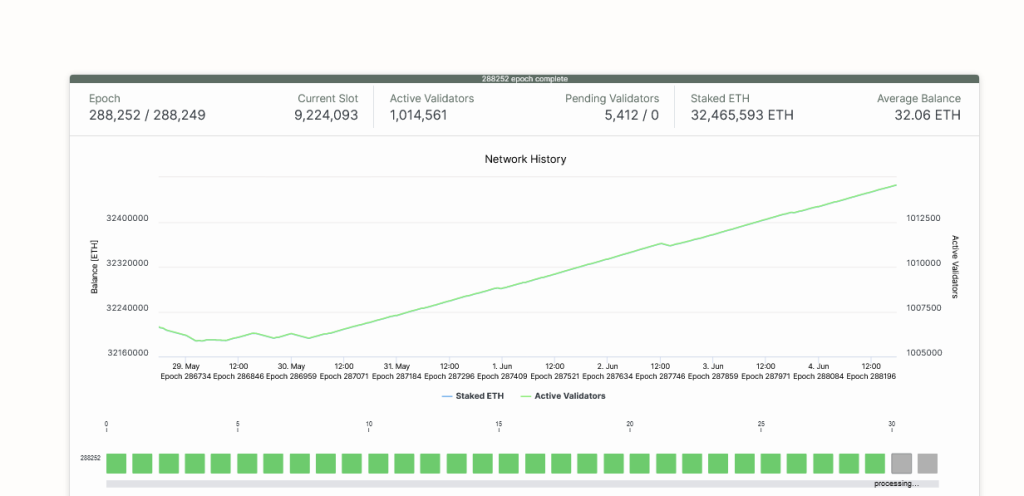Solana and Ethereum are clear contenders in an epic battle for supremacy. Although Ethereum was the first smart contract platform, it has inherent problems, such as scalability, that new chains such as Solana and Cardano, for example, are trying to solve.
Solana developers are achieving great results in “product execution” and communication
Take an observer to X note While Solana is gaining traction, Ethereum remains superior. Since the middle of last year, SOL prices have been on a sharp rise, driven by positive progress in resolving FTX’s bankruptcy.
Network activity around the meme coin has fueled demand, boosting its valuation to fifth place in the market capitalization rankings. Meanwhile, Ethereum still maintains second place due to its first-mover advantage and ecosystem depth.
Developers looking for a cheap deal are increasingly turning to Solana. By default, the platform is designed for high performance. Its architecture allows for fast transaction speeds and low costs, making it an attractive option for developers and users seeking efficiency.
The analyst noted that this attraction will only grow because Solana developers do a “very good” job of executing and communicating the product.
The decision to rely on product launches means that developers who want a network that offers high throughput similar to existing platforms will find a home. The network is scalable, so it avoids the high gas fees that plague legacy chains like Ethereum and Bitcoin.
Is Ethereum a superior technology with poor marketing?
Nonetheless, their preference for “executing the product” is also Solana’s undoing. Blockchain purists argue that Ethereum, while slow, is at least decentralized. Secondly, decentralization of high-value networks gives them an edge, allowing them to have higher levels of trust.
Ethereum’s optimization for decentralization means that Ethereum operates on a more distributed network of nodes, improving its security and resilience to censorship. So far, according to beaconcha.in data, there are over 1.8 million validators and the number continues to grow.

However, this emphasis on decentralization comes at a cost. According to analysts, Ethereum is slower and more expensive than Solana, which is more centralized for higher performance and lower transaction costs.
Subsequently, due to its emphasis on decentralization, analysts believe that Ethereum is emerging as the primary infrastructure choice that facilitates great technologies. Since it was the first smart contract network, it is emerging as a platform for creating virtually any verifiable system, including inexpensive and highly performant solutions.
Featured image from Canva, chart from TradingView

